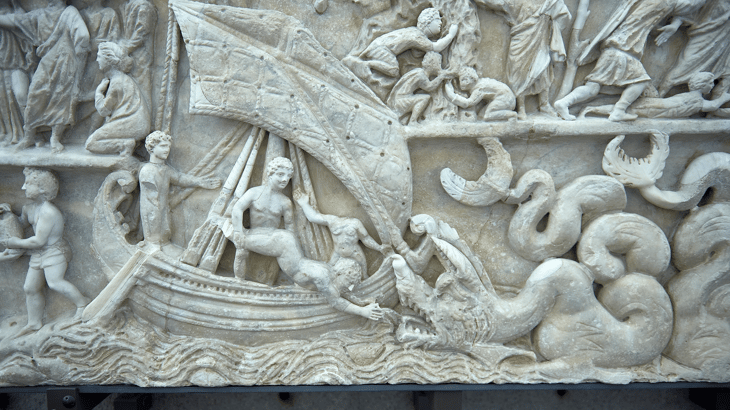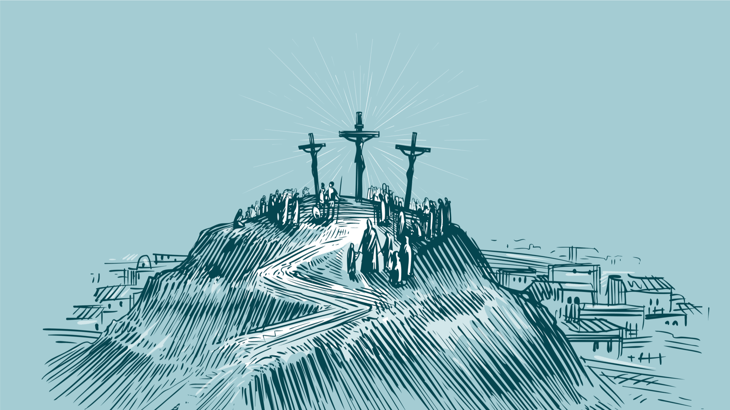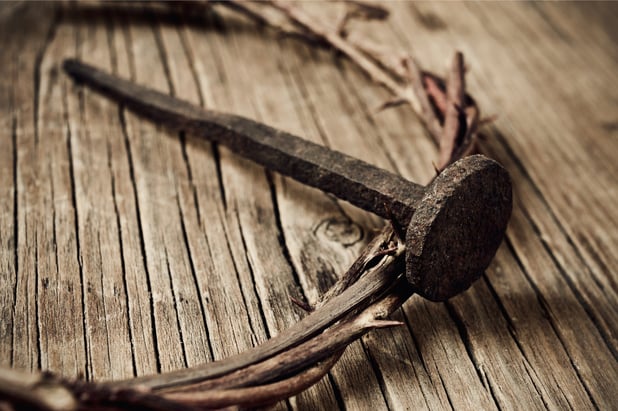Recent Posts by Phil Rigdon
Teaching Jesus in the Old Testament: Zechariah 9:9–10
In January 1977, newly-elected President Jimmy Carter traveled down Pennsylvania Avenue in Washington DC on his way to the White House. Yet this time, things were different; President Carter, his wife, Rosalynn, and his nine-year-old daughter, Amy, were walking. Carter was the first president to exit the motorcade and walk during the inaugural parade. Previously, newly-elected presidents had ridden coach or driven down the passage, presumably in reaction to the January cold and for the sake of protection from would-be assassins.
The Day of the Lord in Joel 2
Last month, we considered Joel 2:17–19, 24–25, in which the Lord promised to restore what was consumed by the locusts. Recall that the swarm of locusts destroyed not only what was needed as food for the people but also the same for the livestock. What is more, without grain or livestock, the people had nothing to offer the Lord in sacrifice. In mercy, God restored what was consumed, pointing to His provision of the greatest sacrifice, Jesus Christ.
Teaching Jesus in the Old Testament: Joel 2
It is that time of year in Indiana when the air is not only warm but also annoyingly full of flies and mosquitos. There are measures one can take. Diligently close doors and windows, hang fly paper, spray insecticide, remove standing water, wear insect repellent—the list goes on. There is no perfect solution except for winter. One way or the other, we can’t escape summer without a few mosquito bites and flies in the food.
How Jonah Foreshadows Our Deliverance through Christ
As part of Confession and Absolution in the Sunday morning liturgy, we acknowledge before God and one another that we have offended the Lord not only in what we have done but also in what we have failed to do. We can, and often do, sin by neglect. The inclusion of this type of confession is so insightful and powerful. It is insightful in the sense that we more often notice and remember our sins of commission—the things we do—rather than things we don’t do.
Found Faultless in Christ
Phil Rigdon shares his teaching observations on our God-given talents, skills, and abilities while reminding us that Christ remains all sufficient for us.
Repentance and Forgiveness in the Bible
The Law accuses and shows us our sin, warns us of God’s wrath, and shows we are powerless to save ourselves. Here, Pastor Rigdon shares examples of how God calls His people to repentance and offers the gift of forgiveness.
We Pray: Be with Us, O God
When COVID fell hard in March of 2020, our congregation ceased in-person worship for several weeks and our school went to online education. I remember how hollow and lonely the building became.
God Is a Peace Bringer
In this sinful world, we face strife each day, but we can find comfort in the fact that Christ came to save us. Learn more with Phil Rigdon’s reflections on God as the bringer of peace.
The Good Physician Speaks True
Pastor Phil Rigdon reflects on the blessing of hearing the truth about ourselves, both from others and from God’s Word.
Jesus Fulfills the Prophecy of Psalm 22
God will never abandon me, and that’s no casting of lots.
When I was a child, I recall an instance when our family went to shop at the mall on the south side of the city where we lived. As was custom, we had dinner together and then separated to shop our favorite stores. When 9 p.m. came, the mall was closing and neither my brothers nor my parents were at the pre-arranged gathering point. I was overcome with the fear that I had been abandoned. Much to my relief, my family had not abandoned me, but were merely late. That has stuck with me over the years. Jesus had an experience with abandonment. Except His was real.




















